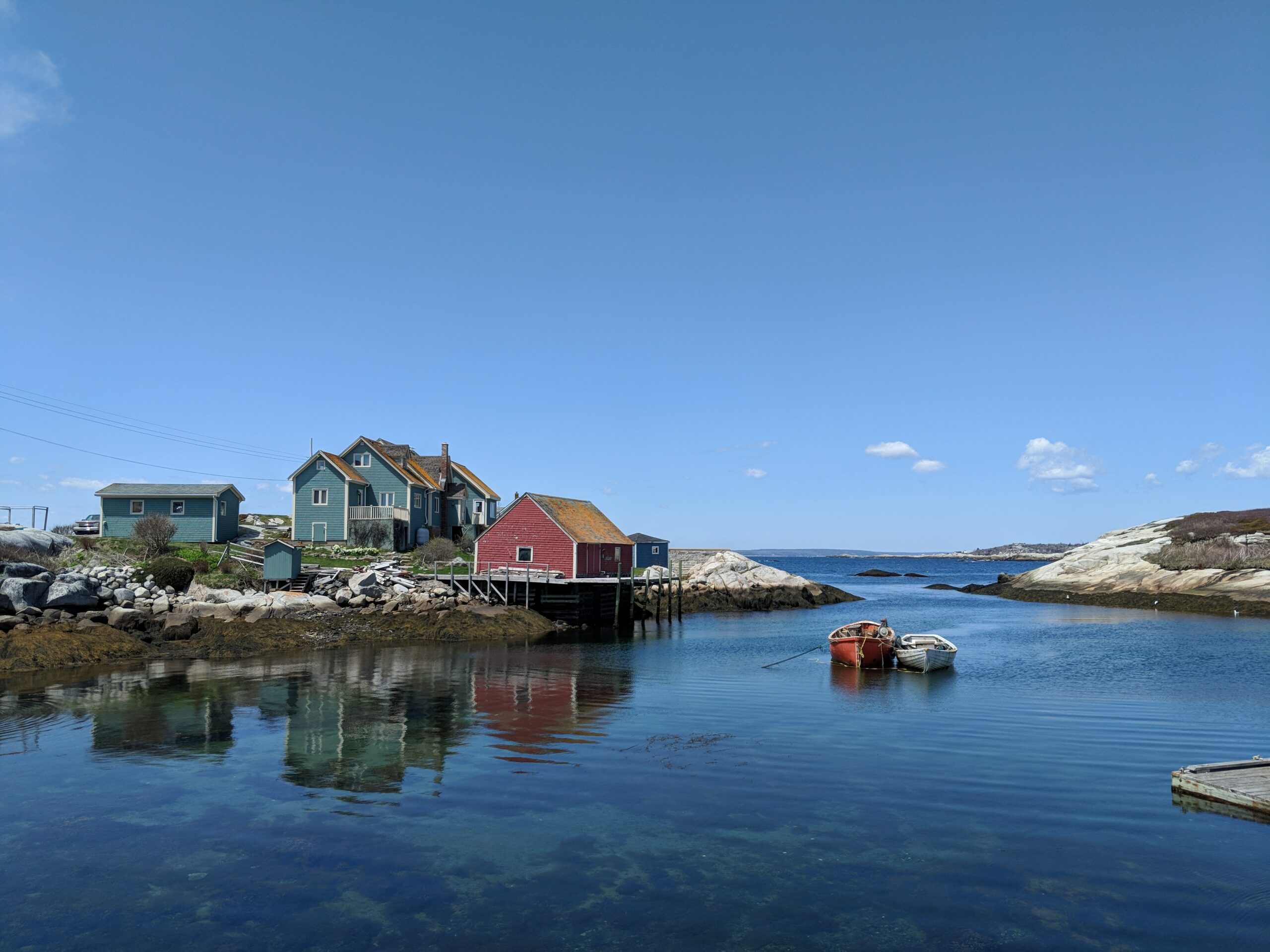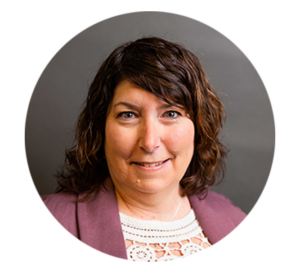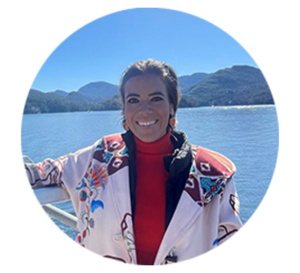Building a Sustainable Future: Workforce Development in Fisheries and Aquaculture
September 19, 2024 @ 10:00 am - 11:30 am

In this session, experts will discuss the critical role of workforce development in creating a sustainable and resilient fisheries and aquaculture sector. This session will cover the latest trends, training programs, and best practices that equip professionals with the skills to advance sustainable practices. Learn about innovative approaches to education and retention strategies shaping this vital industry’s future and ensuring its long-term success and stewardship.
Speaker: Lisa Fitzgerald
Executive Director – NS Fisheries Sector Council

Lisa has been a liaison between the fishing industry and government for over 27 years. As the executive director of the NS Fisheries Sector Council she has worked on a number of training development initiatives related to quality handling, human resources and safety; manages a number of working groups focused on attraction and retention of labour in the industry; has been a leader in safety by the formation of a safety association in Nova Scotia, was co-lead for Fishing Safety Now, and long standing member of the OHS Advisory committee. She also was part of the Worker’s Compensation Review Committee in Nova Scotia as an employer representative. One of her recent projects is the development and implementation of a Registration and Certification Board for fish harvesters in Nova Scotia and she is lead for the professionalization file in the province.
Lisa resides in Yarmouth with her husband Derek, has 3 adult children and 2 granddaughters which she enjoys spending time with.
Speaker: Chelsey Karbowski
Director – ITSD Hub

Chelsey Karbowski is the Director at the ITSD Hub. She is a mixed-descent Mi’kmaw woman from the community of Indian Head First Nation in Newfoundland. Chelsey grew up in Unama’ki (Cape Breton) and currently resides in Punamu’kwati’jk (Dartmouth), Mi’kma’ki (Nova Scotia). Chelsey joins the ITSD Hub with more than a decade of experience in the marine conservation, and fisheries and oceans sectors where she developed expertise in fisheries management, fisheries policy, stakeholder engagement, and project management, all of which have been firmly grounded in Indigenous rights, values, perspectives, and realities.
Chelsey previously worked with the Department of Fisheries and Oceans on both the National Indigenous Fisheries Policy and Indigenous Fisheries Programs, where she pushed for meaningful change in how the Department approaches Indigenous fisheries, by promoting collaboration and self-determination. As a Mi’kmaw woman of mixed descent, Chelsey remains grounded in the concept of Etuaptmumk (Two-eyed seeing), which is “learning to see from one eye with the strengths of Indigenous knowledge and ways of knowing – and seeing from the other eye with the strengths of Western knowledge and ways of knowing” ~ Elder Albert Marshall.
Her goal is to increase our understanding of the aquatic environment, promote the sustainable use of all resources, remove barriers for Indigenous women within the fisheries and oceans sector, and harness her skills and experience to benefit all Indigenous communities, and peoples, across Turtle Island.
Funded in Part By:

